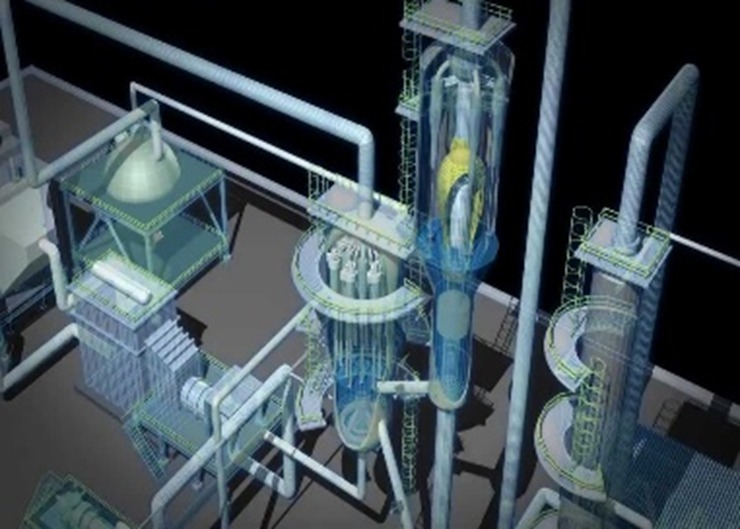ISLAMABAD: The allied chemical industries should be set up nearby or at the oil refineries where all the products are extracted through cracking. This will obviously help cut the import bill to a great extent, said Dr. Sagheer Malik, ex-general manager of the Hydro Carbon Development Institute of Pakistan (HDIP) while talking to INP-WealthPK.
Cracking is a process used by the oil refineries to break down large hydrocarbon molecules into lighter components.
Dr Sagheer suggested that Pakistan should establish comprehensive cracking units to obtain multiple organic by-products, such as octane, hexane, and butane.
“Different purity levels are also required for different uses. For example, for chemicals required in the pharmaceutical industry, 99% purity level is needed. Extreme purity is required for drinking ethanol and fuel but the commercial grades at 95% purity are also useful for industries,” he said.
Sharing his views about the economic value and importance of installing cracking units in Pakistan, Dr. Muhammad Qaisar, head of Medical Botanic Centre, Pakistan Council of Scientific and Industrial Research Laboratories (PCSIR), Peshawar, told WealthPK that cracking helps get saturated hydrocarbon alkanes and unsaturated hydrocarbon alkenes.
“Establishment of cracking units can contribute towards minimizing the import of costly but necessary raw materials to manufacture many important products. It can help boost our industrial sector besides lowering the cost and prices. For example, when the crude oil is distilled, different by-products, i.e. petrol, diesel, hexane, benzine, terpene, coal tar, etc. at different boiling points are extracted. This is from the distillery point of view. By cracking naphtha, ethylene is produced. Direct or indirect hydration of ethylene produces ethanol, which is also added to petrol to increase its volume.’’
Dr Qaisar said that the establishment of cracking units in Pakistan will make available indigenous raw materials – aminophenol and acetic anhydride – which are used to produce paracetamol. The production of these raw materials will save the country from their import and ensure the availability of paracetamol at a low price in the local market, he added.
The growing investment trend in refineries and massive demand for hydrocarbons is the key market driver for establishing the cracking units.
China is projected to lead the Asia Pacific fluid cracking market to meet the increasing demands for oil, gas, and other fuels. The global fluid catalytic cracking (FCC) market is expected to reach US$8.48 billion, registering a compound annual growth Rate (CAGR) of 3.35% by the year 2029 from US$6.51 billion in 2021.
There is too much potential in Pakistan concerning this sector. Proper but sure steps can help Pakistan take a start toward industrial and economic growth. There is no lack of expertise but only a proper strategy, investment, and resilience are needed. Pakistan can coordinate with its time-tested friend China for establishment of modern refineries and cracking units.






